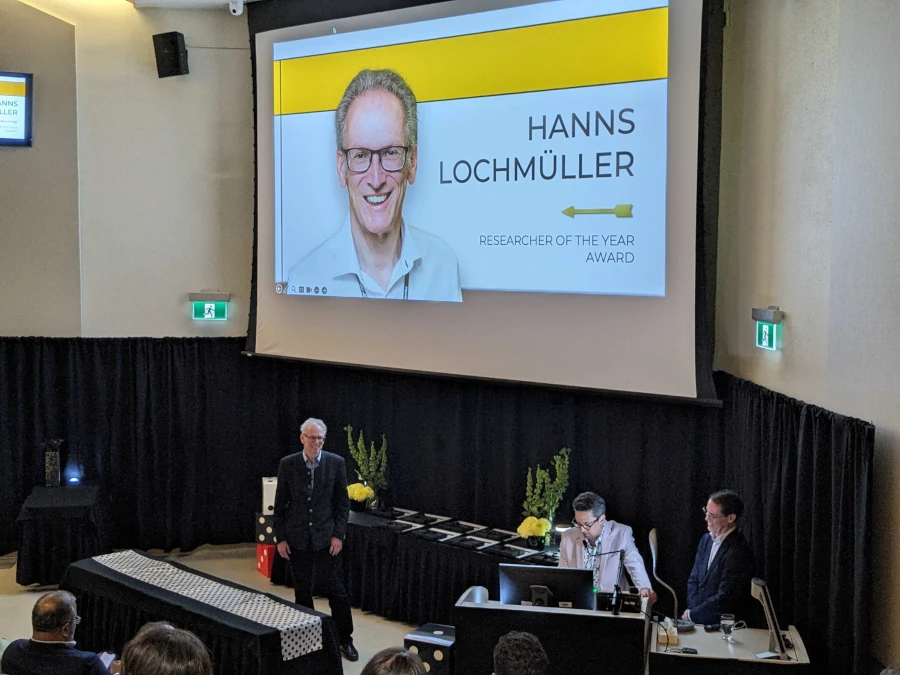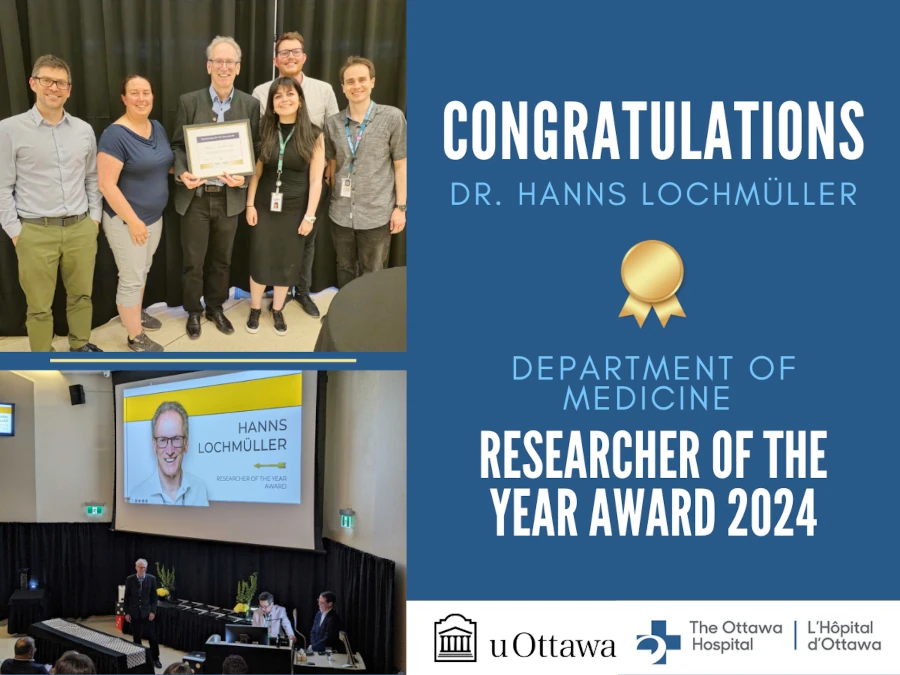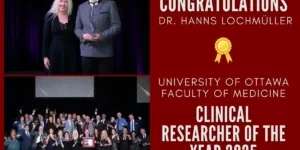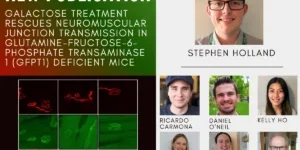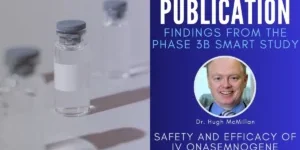Dr. Hanns Lochmüller Awarded “Researcher of the Year” by University of Ottawa and The Ottawa Hospital Department of Medicine
We are delighted to announce that Hanns is this year’s winner of the Researcher of the Year award conferred by the University of Ottawa/The Ottawa Hospital Department of Medicine. Hanns was nominated by Dr Grant Stotts, head of the Division of Neurology, for his productivity in clinical and basic research, his recognition globally in the neuromuscular field, and his leadership of NMD4C, the neuromuscular network for Canada, which brings together neuromuscular clinicians, researchers and patients across the country.
The award was conferred as part of the Department of Medicine’s Recognition Ceremony on 30 May 2024, where departmental researchers were honoured for their contributions to research and patient care.
“This award is in recognition of your unparalleled contributions to the field of neuromuscular diseases, your outstanding research achievements, and your leadership within the scientific community.”
–Greg Knoll, MD MSc FRCPC,Chair and Head, Department of Medicine
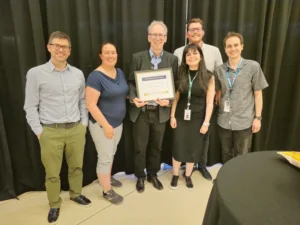
Lab members (from left) Dr Alberto Aleman, Dr Sally Spendiff, Dr Hanns Lochmüller, Catherine Choueiri, Stephen Holland, and Ricardo Carmona all attended the award ceremony to celebrate with Hanns.
Several members of the Lochmüller Lab were present to share in the celebrations, which was not only a fitting acknowledgement of the high regard in which Hanns is held within his research group but also underscores the fact that our research is very much a team effort, with our success being very much a result of the close internal and external collaborations that are the cornerstone of Hanns’s research ethos.
Congratulations, Hanns! Your team is very proud of you!

